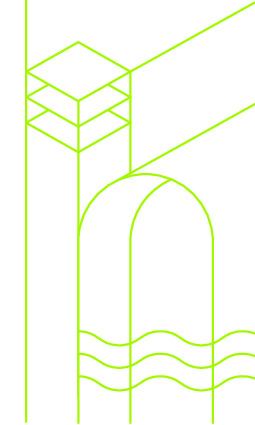|
|
|
| Module code: BIMA194 |
|
|
6VU (6 hours per week) |
|
6 |
| Semester: 1 |
| Mandatory course: no |
Language of instruction:
German |
Assessment:
Project with presentation
[updated 28.09.2020]
|
BIMA194 (P110-0094) Civil and structural engineering, Master, ASPO 01.10.2017
, semester 1, optional course
BMA401 (P110-0171) Civil and structural engineering, Master, ASPO 01.04.2022
, semester 1, optional course
DFMCE-130 (P630-0135) Civil Engineering, Master, ASPO 01.10.2019
, semester 1, mandatory course
|
90 class hours (= 67.5 clock hours) over a 15-week period.
The total student study time is 180 hours (equivalent to 6 ECTS credits).
There are therefore 112.5 hours available for class preparation and follow-up work and exam preparation.
|
Recommended prerequisites (modules):
None.
|
Recommended as prerequisite for:
|
Module coordinator:
Prof. Dr.-Ing. Peter Böttcher |
Lecturer:
Dr. Hilko Hoffmann
Dr. Peter Nattermann
Petra Baumann, M.Sc.
[updated 02.11.2020]
|
Learning outcomes:
Knowledge _ After successfully completing this module, students will:
_ be able to use scientific methods to deepen their knowledge of organizational theory, virtual realities, digital building models (BIM) and their interaction.
Skills _ After successfully completing this module, students will:
_ be able to combine construction site processes into one and design a new concept on the basis of digital building models (synthesis),
_ be able to evaluate, explain and discuss comprehensive subject-specific concepts and plans. They will be able to form an opinion in order to solve a task correctly (evaluation).
Competences _ After successfully completing this module, students will be able to,
_ plan independently and with foresight, set priorities and adhere to a given time frame (organization),
_ understand and classify extensive and complex issues and boil them down to the most important core aspects (analysis),
_ work independently on specific tasks and problems (independence),
_ examine their own organizational structures and covert it into a portfolio of tasks with varying degrees of difficulty (management),
_ Foreign students will be able to deal with the cultural differences in Germany and operate successfully in the country using their country-specific and linguistic skills and knowledge.
[updated 28.09.2020]
|
Module content:
_ Business process management
_ Business process management, ARIS and EPC nets, process modeling
_ Digital building models
_ BIM, analysis of operating systems, 3D models in SketchUp, interfaces used during the planning and construction process
_ Virtual reality
_ 3-D technology, 3-D planning processes, data flow Revit to 3-D web, structure of 3-D models, working in a virtual reality, Compass planning platform
[updated 28.09.2020]
|
Teaching methods/Media:
_ The students will develop a business process with a digital building model and demonstrate its functionality via virtual reality. They must do this independently and then apply the corresponding operational structures
[updated 28.09.2020]
|
Recommended or required reading:
_ A current list of literature will be made available to students at the beginning of the semester.
[updated 28.09.2020]
|


